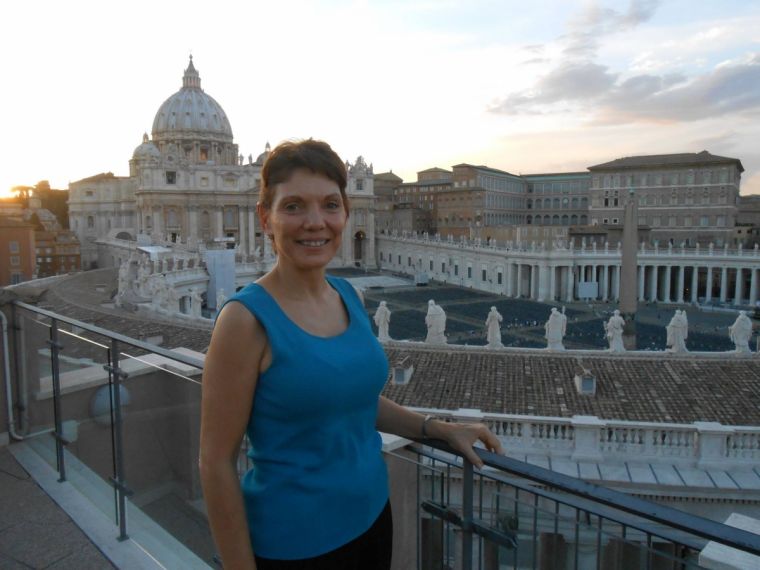How Mother Theresa inspired this woman to fight forced abortion in China

When Reggie Littlejohn was in Calcutta, India back in 1987 while volunteering her services for Mother Teresa's Missionaries of Charity, a man tried to rape her in the subway station but she fought him off, forcing her attacker to flee. She even tried to chase him but failed since she was only wearing a pair of flip-flops.
She returned to the motherhouse feeling dejected. When she told Mother Teresa what happened, she expected to be reprimanded for punching her attacker. But what Mother Teresa did surprised Littlejohn.
"She didn't say that at all," she tells Life Site News. "Instead she said, 'You were right to defend yourself and I'm glad that you did, but you should never go alone anywhere. That is why we go two-by-two. You should always have somebody with you especially when you are going on the subway.'"
Mother Teresa took Littlejohn's hand and prayed for her, and she was able to get past that unpleasant event because "she consoled me, prayed for me, and in the end left me feeling elated and stronger than if I had never been assaulted at all."
But Mother Teresa did more for Littlejohn than just comfort her. It was Mother Teresa who inspired her to fight China's oppressive regime of forced abortion, gendercide, and human trafficking, and Littlejohn did so through the organisation called Women's Rights Without Frontiers.
She also founded the "Save a girl Campaign," which helps Chinese mothers become financially independent so they will not be pressured to abort or abandon their baby girls.
"I understood Mother Teresa's passion for saving every single life, no matter what. Everyone has a purpose on this earth," she says.
Littlejohn has also testified against China's brutal policies before the United States Congress, twice at the European Parliament, and at the British and Irish Parliaments. It is her sincerest hope that China's unfair treatment of women will be put to a stop once more people know about it.
"We are told that we are the body of Christ, and that if one part of the body rejoices, we all rejoice, and if one part of the body suffers, we all suffer. If we are not suffering with the parts of the body that are suffering in the extremities — for example the poor, the persecuted, the people who are struggling even to be born — if we cannot experience that suffering then we are suffering from a form of spiritual leprosy," she says.











